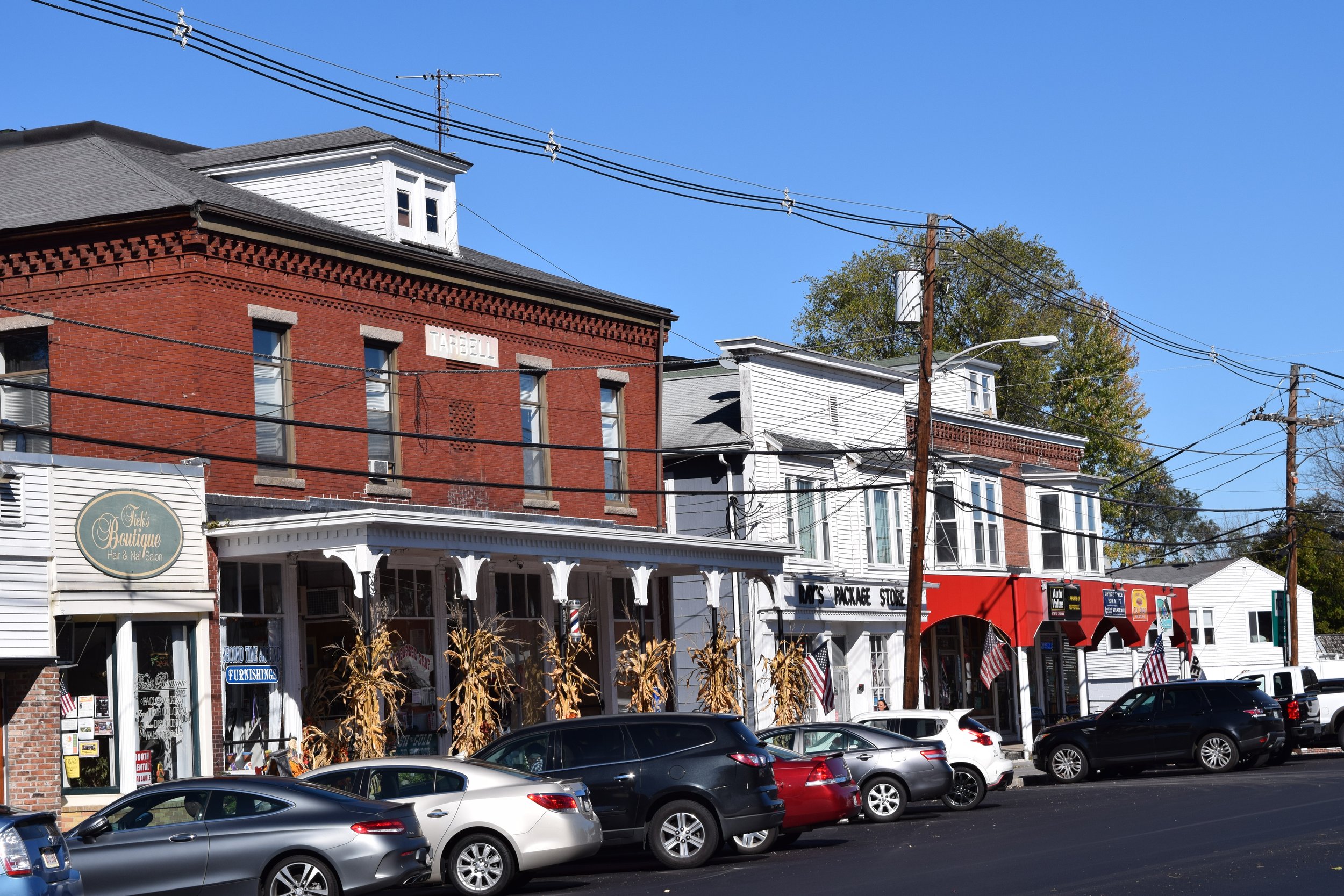
Economic Development & Housing
Comprehensive Economic Development Strategy
NMCOG completed a Comprehensive Economic Development Strategy (CEDS) planning process. This economic development planning process is designed to enable the region to become more resilient, prosperous, and competitive. The plan is called Greater Lowell Stronger Together, as we’re dedicated to working regionally to create resilience, improve quality of life, and champion economic growth that fairly benefits all members of the community.
A CEDS is a vital component of establishing and maintaining a robust economic ecosystem by building regional capacity – through hard and soft infrastructure – that contributes to individual, firm, and community success. It provides a vehicle for individuals, organizations, local governments, learning institutes, and private industry to build strategies that will best serve economic development in the region. This planning effort, completed in partnership with Fourth Economy, aims to gather key insights on how the Greater Lowell Region can grow in key areas.
Greater Lowell Stronger Together was adopted by the NMCOG Council on July 16, 2025.
Download Greater Lowell Stronger Together Final Draft (PDF, 15,734 kb)
Download the Greater Lowell Stronger Together Executive Summary (PDF 1,707 kb)
The 2025 Greater Lowell Economic Summit
On Thursday, March 20, over 70 economic leaders and community members attended the 2025 Greater Lowell Economic Summit at UKG in Crosspoint Towers in Lowell. NMCOG and Fourth Economy facilitated several topic-based sessions, using Fouth Economy’s Build Session approach. A Build Session is an interactive workshop to brainstorm, prioritize, and build solutions. Build Sessions emphasize the focus on moving past talking about problems and toward building solutions.
Build sessions featured great discussions about business engagement and development, strong places and towns, municipal capacity, and work and resident support. The event also featured a networking event with guest speakers, Demetrius Spaneas and Jeff Bush, a special guided tour of the Bruce Freeman Rail Trail by Marlies Henderson, and an “Agents of Change” happy hour at the end! We want to thank all our guests and our host, UKG, a provider of HR and workforce management solutions.
Prior to the event, NMCOG and Fourth Economy created topic papers highlighted the major themes and needs that were identified over four months of key stakeholder interviews, analysis of Bureau of Labor Statistics data, and other research. You can download them below, along with the notes captured at Build Sessions.
Build Session Topic Papers: Click here to download topic papers
Top Strategies and Full Summit Notes: Click here to download summit notes
Why is a CEDS Important?
NMCOG serves as the economic development partner of the Economic Development Administration (EDA) of the U.S. Department of Commerce for the Greater Lowell region. Regions must update their CEDS at least every five years to qualify for EDA assistance under its Public Works and Economic Adjustment Assistance programs.
Document Archive
In 2014, NMCOG completed its CEDS Update for 2010-2013 which updated economic data and reported on current economic conditions in the region. The CEDS Update also tracked the progress of projects contained in the Five-Year 2009-2013 CEDS and reviewed and updated the priority economic development projects and strategies for the region over the upcoming years. For archival copies of CEDS documents, click on the links below.
Important Documents
Through its partnership with EDA, NMCOG develops the CEDS and its annual reports, and provides staff support for the Greater Lowell CEDS Committee. The CEDS is current through May 2025. It will be updated by Greater Lowell Stronger Together when the planning process is complete.
For additional information please contact NMCOG at (978) 454-8021.
The CEDS Committee
NMCOG maintains the ongoing grassroots CEDS planning process, supports local economic development initiatives, and promotes regional economic development projects that create well-paying jobs for the region. The CEDS Committee serves as both a forum for discussion on these critical economic development topics and as a body that reviews documents such as the CEDS and the Economic Recovery and Resiliency Plan, making recommendations to the NMCOG Council, which adopts the plans. The committee meets on the first Thursday of March, June, September, and December and additional days as needed. The committee is always open to interested business owners, agencies, and community members. Contact Christopher Glenn Hayes at chayes@nmcog.org if you’re interested in joining.
Soumita Acharya, Development and Engagement Association, E for All
Brian Sok, Behavioral Health Project Manager, MassHire Greater Lowell Workforce Board
Brent Carney, Communications and Marketing Director, Lowell Community Health Center
Ali Carter, Director of Economic Development, City of Lowell
Frank Carvalho, Mill Cities Communities Investment
Sothea Chiemruom, Executive Director, Cambodian Mutual Assistance Association
Jason Cleghorn, Town Planner, Town of Pepperell
Patricia Coffey, UMass Lowell
Kevin Coughlin, Executive Director, MassHire Greater Lowell Workforce Board
Stephanie Cronin, Executive Director, Middlesex 3 Coalition
Arthur Ford, Sullivan Bille P.C.
Gerard Frechette, Planning Board Chair, Lowell, Washington Savings Bank
Joe Giniewicz, Town Planner, Town of Westford
Justin Howard, Lowell Regional Transit Authority
Steve Joncas, Jeanne D’Arc Credit Union
Jay Linnehan, Executive Director, Greater Lowell Community Foundation
Katherine Malgieri, Interim Director of Planning and Community Development, Town of Billerica
Dan Phelps, Economic Development Planning, Town of Dracut
Danielle McFadden, Executive Director, Greater Lowell Chamber of Commerce
Susan McQuaide, Senior Program Manager, MassHire Greater Lowell Workforce Board
Shannon Norton Calles, MassHire Greater Lowell Career Center
LZ Nunn, Executive Director, Project LEARN
Bruce Rosenberg, Westford Econ. Develop. Committee Member, Town of Westford
Steve Sadwick, Assistant Town Manager, Town of Tewksbury
Stephen Themelis, Town of Pepperell




